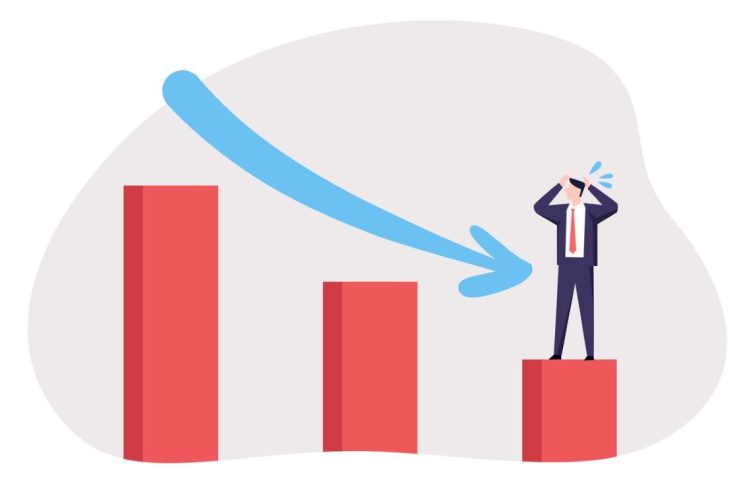The Conference Board Consumer Confidence Index revealed that consumer attitudes toward current and future economic conditions dropped by 3.6 points this September, from 94.2 points in August. The Present Situation index, which is based on consumers’ assessment of current business and labor market conditions, also fell by seven points this month, from 132.4 in August.
“Consumer confidence weakened in September, declining to the lowest level since April 2025,” said Stephanie Guichard, senior economist, global indicators at The Conference Board. “The present situation component registered its largest drop in a year. Consumers’ assessment of business conditions was much less positive than in recent months, while their appraisal of current job availability fell for the ninth straight month to reach a new multiyear low. This is consistent with the decline in job openings.
“Expectations also weakened in September, but to a lesser extent,” she added. “Consumers were a bit more pessimistic about future job availability and future business conditions, but optimism about future income increased, mitigating the overall decline in the Expectations Index.”
Consumers’ views of their family’s current and future financial situation weakened in September, recording the biggest month-to-month drop since 2022. On a more optimistic note, purchasing plans for homes jumped to a four-month high in September.
While brokers and real estate professionals have cited consumer worries for lagging home demand, the relationship between big national surveys of consumers and actual home sales is not entirely clear.
The Expectations Index—reflecting consumers’ short-term outlook for income, business and labor markets—fell by 1.3 points to 73.4 this month. Any number below 80 typically signals a coming recession, and the share of consumers that believe a recession is likely rose to the highest level since May.
“Consumers’ write-in responses showed that references to prices and inflation rose in September, regaining its top position as the main topic influencing consumers’ views of the economy,” Guichard said. “References to tariffs declined this month, but remained elevated and continued to be associated with concerns about higher prices. Nonetheless, consumers’ average 12-month inflation expectations inched down, to 5.8% in September from 6.1% in August. This is still notably above 5%, the level at the end of 2024.”
Based on these same write-in responses, consumers’ outlook of the current situation regarding jobs and employment were primarily negative, while consumers’ views of stock prices and interest rates improved slightly.
For the full report, click here.











